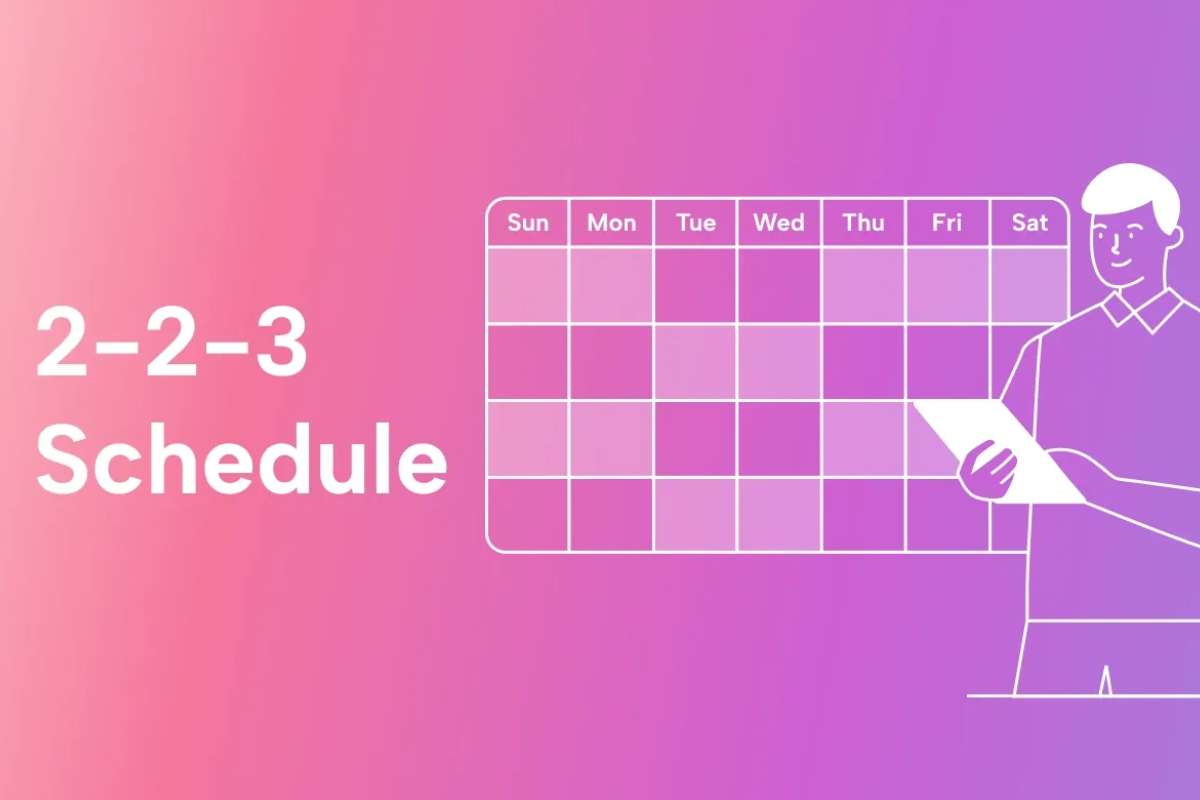Building a company is a dream many chase; it comes with a learning curve, and you’re guaranteed to make the wrong move. According to Exploding Topics, the failure rate for new startups is currently 90%. That’s a staggering number, right?
They had a unique idea, a fresh perspective, an unshakable vision, energy, and optimism, so why did they fail? and what mistakes first‑time founders regret Let’s figure it out.
If you’re new to business or planning to grow your startup, this article is for you. It brings to you the 20 mistakes first‑time founders regret lived experiences, and the most common pitfalls that, if you take care of, you could get a place in those 10% successful startups. here are
20 Mistakes First‑Time Founders Regret

1. Falling in Love with the Idea (Instead of the Problem)
Many founders get emotionally attached to their “big idea.” The mistake? Skipping validation. You might spend months building a solution nobody really needs. It is the first mistakes first‑time founders regret
What to do instead:
Fall in love with the problem your customer is facing. Test multiple angles before committing to a solution.
Source: Masters’ Union
2. Skipping Market Research
Assuming you already “know” the market is dangerous. No matter how confident you feel, assumptions can sink your business. It is the most mistakes first‑time founders regret
Why it hurts:
Without real data, you risk mispricing, targeting the wrong audience, or entering a saturated market.
Source: DogQ
3. No Clear Business Plan
Many startups start with vibes, not structure. But without clarity around your business model, costs, and revenue streams, you’ll quickly feel lost.
What it means for you:
A solid plan helps align your team, attract investors, and make faster decisions.
Source: HubSpot
4. Underestimating Cash Burn and Runway
Startups bleed cash. It’s easy to forget how fast money goes — on salaries, software, marketing, and more.
“First-time entrepreneurs often fail to realize that every second of every day costs money … You will eventually run out of cash and the game is over.” — George Kellerman
Tip:
Budget for 2x what you think you’ll need. Always include a runway buffer.
Source: The Founders News
5. Overbuilding the MVP (Minimum Viable Product)
You spent months obsessing over every little detail—the features, the design, the layout. You kept thinking, “Once it’s perfect, people will love it.” But when you finally launch, nothing happens. No sign-ups, no sales, no excitement.
It’s one of the hardest lessons for new founders: just because you think it’s great doesn’t mean the market does. You built what you thought people wanted—without asking them first. And now, all that time, effort, and money went into things your users didn’t even need.
Why it stings:
You waste time, money, and energy polishing features that aren’t essential.
Instead, build an MVP. Focus on one core feature.
6. Launching Too Late or Too Early
Wait too long and you burn cash. Launch too early, and customers get a broken experience.
What’s better:
Launch fast but controlled. Release to a limited group, learn, and improve.
Source: Upstack Studio
7. Ignoring Marketing Until the End
“If you build it, they will come” is a lie. You need marketing long before your product goes live.
Why it matters: Founders often burn out building a great product—then realize nobody knows it exists.
Build an audience while building the product.
Source: Orangesoft
8. Skipping Legal and Compliance Basics
Not registering properly, ignoring NDAs, or forgetting IP protection might seem minor—until it ruins your funding or partnership.
Protect yourself from day one. Contracts, IP, and compliance—get them in place early.
Source: Conta
9. Hiring Too Early or Without a Clear Role
Founders sometimes hire friends or rush into building a team. But too many cooks in an early-stage kitchen can slow things down.It is also one of the big mistakes first‑time founders regret.
What you risk:
Burned cash and confused roles.
Hire for proven pain points, not just potential.
Source: DogQ
10. Over-Delegating Too Soon
Some tasks are your responsibility—especially customer discovery, product validation, and culture building.
Don’t outsource your founder duties.
“Trying to do everything solo … was another thing that I wouldn’t do again.” — Rob Walling, Founder & Podcaster
Source: SaaStr
11. Hiring the Wrong People
Bad hires are worse than no hires. First-time founders often prioritize enthusiasm or availability over experience and fit.
Red flag:
Hiring people to “figure it out” when you haven’t figured it out yet.
Source: Upstack Studio
12. Ignoring Customer Feedback
You are not your customer. If you’re not constantly listening to them, you’re building in a vacuum.
Fix it:
Interview users. Watch behavior. Treat feedback as fuel, not criticism.
Source: Groove Blog
13. Burnout and Founder Fatigue
Long hours without boundaries wear you down. And burnout kills not just energy—but creativity and leadership.
Set limits. Rest is a business strategy.
14. Tying Identity Too Closely to the Business
When your startup becomes your identity, every failure feels personal.
The result: Emotional rollercoaster, anxiety, loss of perspective.
Remember: You are more than your business.
15. Refusing to Pivot
You waited too long. You stuck with the original plan even though it wasn’t working.
Tip:
Be loyal to the mission, not the method.
Pivoting is a strength, not a weakness.
16. Overcomplicating the Product
You added features, bells, and whistles that nobody asked for. Now it’s slow, confusing, and buggy.
“He who tries to please everybody, pleases nobody.” — Michal Ugor, Entrepreneur
Build clean, focused experiences.
Source: HubSpot
17. Not Having a Growth Plan
The “build and they will come” myth strikes again.
Fix it:
Create a go-to-market plan. Define funnels, content, partnerships, SEO, and outbound from the beginning.
Source: SaaStr
18. Scaling Too Soon
You hired 10 sales reps before getting product-market fit. You opened offices too early.
Premature scaling is startup suicide.
Nail it before you scale it.
Source: DogQ
19. Underestimating the Competition

Thinking “we don’t have competitors” means you haven’t looked hard enough.
Why it’s dangerous: Investors will walk away. Customers will, too. Always know your edge.
Source: Orangesoft
20. Not Asking for Help
Founders try to “do it all” or avoid mentors out of pride. That’s a mistake.
Your network = your safety net.
Talk to founders. Get a mentor. Use startup communities.
Let’s Wrap It Up
Every mistakes first‑time founders regrets. What separates successful ones is the ability to learn fast, listen well, and stay humble.
These 20 lessons come directly from founders like you—people building businesses with big dreams and limited resources. Some of them wish they could go back and do it differently. You have that chance now.









